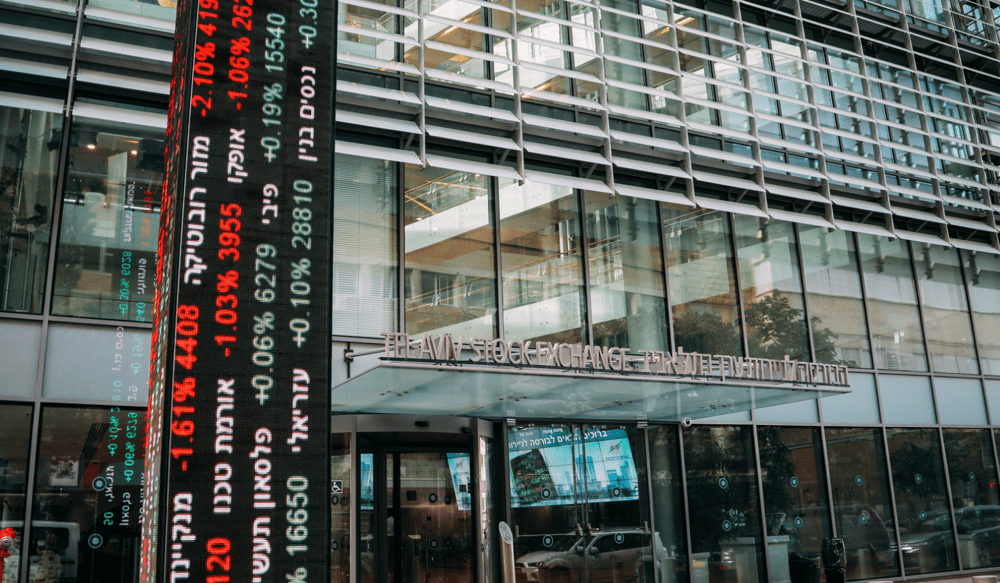Israeli Stock Market Hits 52-Week High Amid Escalating Regional Tensions
Despite intensifying hostilities between Israel and Iran, the Tel Aviv Stock Exchange (TASE) reached fresh 52-week highs on June 19, demonstrating strong investor confidence in the face of geopolitical risk. The TA-All Share Index rose 0.5% to 2,574.89, even as regional media reported fresh Iranian missile strikes on Israeli infrastructure. According to Al Jazeera, the latest attack involved 25 missiles, some allegedly damaging the stock exchange building in Tel Aviv. However, no trading disruptions were confirmed, and the market continued its upward momentum.
Major Indices Extend Monthly Gains
The rally was not limited to the broad All Share Index. Flagship indices posted synchronized gains:
TA-125 $^TA125.TA climbed to 2,850.08, extending a 5% gain since the Iran-Israel conflict escalated on June 13;
TA-35, which tracks blue-chip firms, closed at 2,810.85—also a 52-week high;
TA-125 is now up nearly 5% month-to-date, building on a 6.55% surge in May and a 4.53% rise in April.
This persistent upward trend reflects a divergence between political risk perception and market behavior, with domestic equities outperforming expectations.

Underlying Drivers of Market Optimism
Several structural and behavioral factors underpin the market’s current trajectory:
Investor rotation into defensive sectors such as utilities, financials, and healthcare;
Robust institutional demand for Israeli equities amid global portfolio diversification;
Expectation of fiscal stimulus or targeted state support if conflict deepens;
Confidence in monetary policy continuity by the Bank of Israel to maintain market stability.
These elements contribute to a broader narrative of economic resilience, reinforcing the market’s ability to absorb geopolitical shocks.
Geopolitical Risk Yet to Derail Sentiment
Although tensions with Iran persist, including speculation about further retaliatory action, the absence of trading halts or capital outflows suggests that investors are discounting immediate escalation. The strong June performance signals that equity markets are pricing in manageable geopolitical risk, possibly reflecting confidence in national security measures or external diplomatic buffers. The market’s decoupling from regional turbulence suggests that sentiment is currently driven more by technical momentum and earnings outlooks than by macro-level geopolitical developments.















Comments
Investor optimism shines through adversity, proving that confidence can defy even the most daunting challenges.
It's remarkable how the TASE can thrive amidst such turmoil, showcasing resilience in uncertain times.